
Podcasts
Interweaving
In this episode of Interweaving, host John Collins talks with media scholar Bill Yousman (Sacred Heart University) about recent trends in disinformation in the age of COVID and mass school shootings. They discuss how claims of secret conspiracies, facilitated by social media algorithms, can manipulate even the most critical media analysts and deflect attention away from much-needed structural analysis of corporate and state power.
John Collins talks with Weave News author Skylar Bergeron about her research and reporting on the intersections of queer liberation, capitalism, fascism, and antifascism in Spain.
In this episode of Interweaving, host John Collins speaks with Camila Gonzalez Herrera, author of two recent Weave News articles about the 2021 Colombian National Strike. In addition to discussing the strike itself and how it revealed the power of the people, they also explore the limitations of establishment media coverage, the importance of independent media and social media for grassroots mobilization, and the impact of the strike on Colombia’s historic 2022 elections.
In this episode, Tzintzun Aguilar-Izzo speaks with guests John Collins (Weave News), Blake Lavia (Talking Wings), and Emmett Smith (Northern Power & Light) about the intersection of settler colonialism, ecological responsibility, and the rights of nature in northern New York/Haudenosaunee territory and beyond. In addition to Smith’s unique perspective on dams and energy issues in the region, the conversation addresses broader ethical questions about how to move beyond our current system of extractive capitalism.
In this episode of Interweaving, host John Collins talks with Somdeep Sen, author of a recent article on how race and racism have shaped the field of international relations. They talked about how deeply racism is entrenched in the way we talk and think about geopolitics, both in general and in relation to stories such as the ongoing war on Ukraine.
In this episode of Interweaving, host John Collins talks with religious studies scholar Damon Berry about Christian nationalism and its relevance to the war on Ukraine. They discuss how Christian nationalists in the US see the world through a lens of white nostalgia, where their views connect with Vladimir Putin’s agenda, and why it is politically necessary to look closely at these views even if we find them abhorrent.
In this episode of Interweaving, host John Collins talks with Claudia Hoffmann (University of Miami) about how a critical understanding of race and xenophobia can help us understand public discourse surrounding Ukrainian refugees. Drawing on her experience in Germany, Hoffmann insists that European hypocrisy regarding migrants from different parts of the world can be overcome if we focus on the humanity of the migrants themselves rather than the polemical debates surrounding them.
John Collins speaks with sociologist Mark Ayyash about the war on Ukraine and how it connects with the colonization of Palestine.
COVID 19 Diaries
In this episode of Interweaving, host John Collins speaks with Catherine Tedford, curator of the Street Art Graphics digital archive. They discuss her work collecting and analyzing political stickers from around the world and look at examples of stickers expressing a wide range of views on social and political issues ranging from war and workers’ rights to refugees and the COVID-19 pandemic.
In this episode of Interweaving, host John Collins talks with media scholar Bill Yousman (Sacred Heart University) about recent trends in disinformation in the age of COVID and mass school shootings. They discuss how claims of secret conspiracies, facilitated by social media algorithms, can manipulate even the most critical media analysts and deflect attention away from much-needed structural analysis of corporate and state power.
In this episode, we hear from seven university students in the United States and Pakistan regarding their recent experiences and the local effects of the COVID-19 pandemic. From the impact on food systems and education to the implications for local healthcare and human rights, we get a glimpse of some of the far-reaching changes that this global public health crisis has set in motion.
Cover image: Oa.coello / CC BY-SA (https://creativecommons.org/licenses/by-sa/4.0)
In this episode, we continue weaving the world during a global pandemic with more “COVID-19 Diaries” from citizen reporters. What are they seeing and experiencing, how are their communities affected, and what are some of the larger issues at play? This episode features reports from Italy, Costa Rica, and Myanmar as well as reflections from two filmmakers who returned to the US from Mexico in the midst of the pandemic.
As the coronavirus pandemic continues to spread globally, we continue weaving the world together through first-hand testimonies from citizen reporters. What are they seeing and experiencing, how are their communities affected, and what are some of the larger issues at play? This episode features reports from Boston, Swaziland, France, and Michigan.
As the coronavirus pandemic continues to spread globally, we continue weaving the world together through first-hand testimonies from citizen reporters. What are they seeing and experiencing, how are their communities affected, and what are some of the larger issues at play? This episode features reports from New York City, China, Zimbabwe, and Guatemala.
In this episode, we hear from Avana Mohandesi in India, Amanda Barreto Salgueiro in Brazil, Emilia Mattila in Finland, and Khin Maung in Myanmar. What we learn from them is that the COVID-19 story is inevitably entangled with other ongoing stories about state power, worker safety, mental health, uneven access to information and health care, and the courageous efforts of ordinary people to build grassroots responses grounded in social solidarity.
In this episode, our COVID-19 Diaries series continues with reports from Aubrey Menarndt in Hong Kong, Brendan O’Keefe in Vermont (having just returned from Mozambique), Haneen AbdAlnabi in Gaza, Mamata Shrestha in Nepal, and Wafa Ramini in Jordan. These voices from diverse locations give us a sense of the differential impact of the global pandemic on individuals and communities.
In this episode, we continue weaving the world together in the midst of a global health crisis by hearing from Weave News contributors in Hong Kong, Bolivia, Australia, Thailand, and the Netherlands. How is COVID-19 affecting their communities? What are they seeing and experiencing? And what are some of the larger questions raised by this ongoing pandemic?

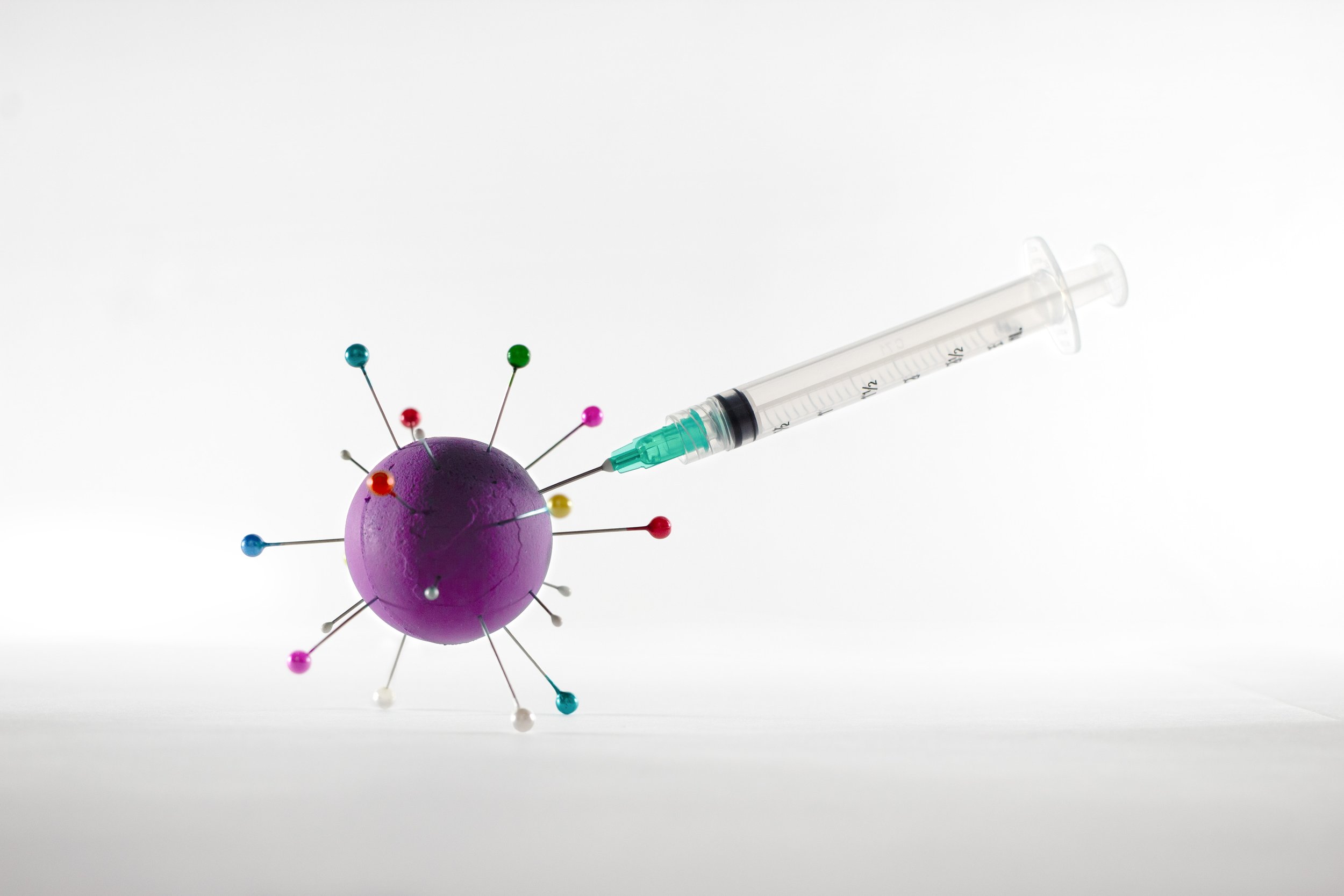
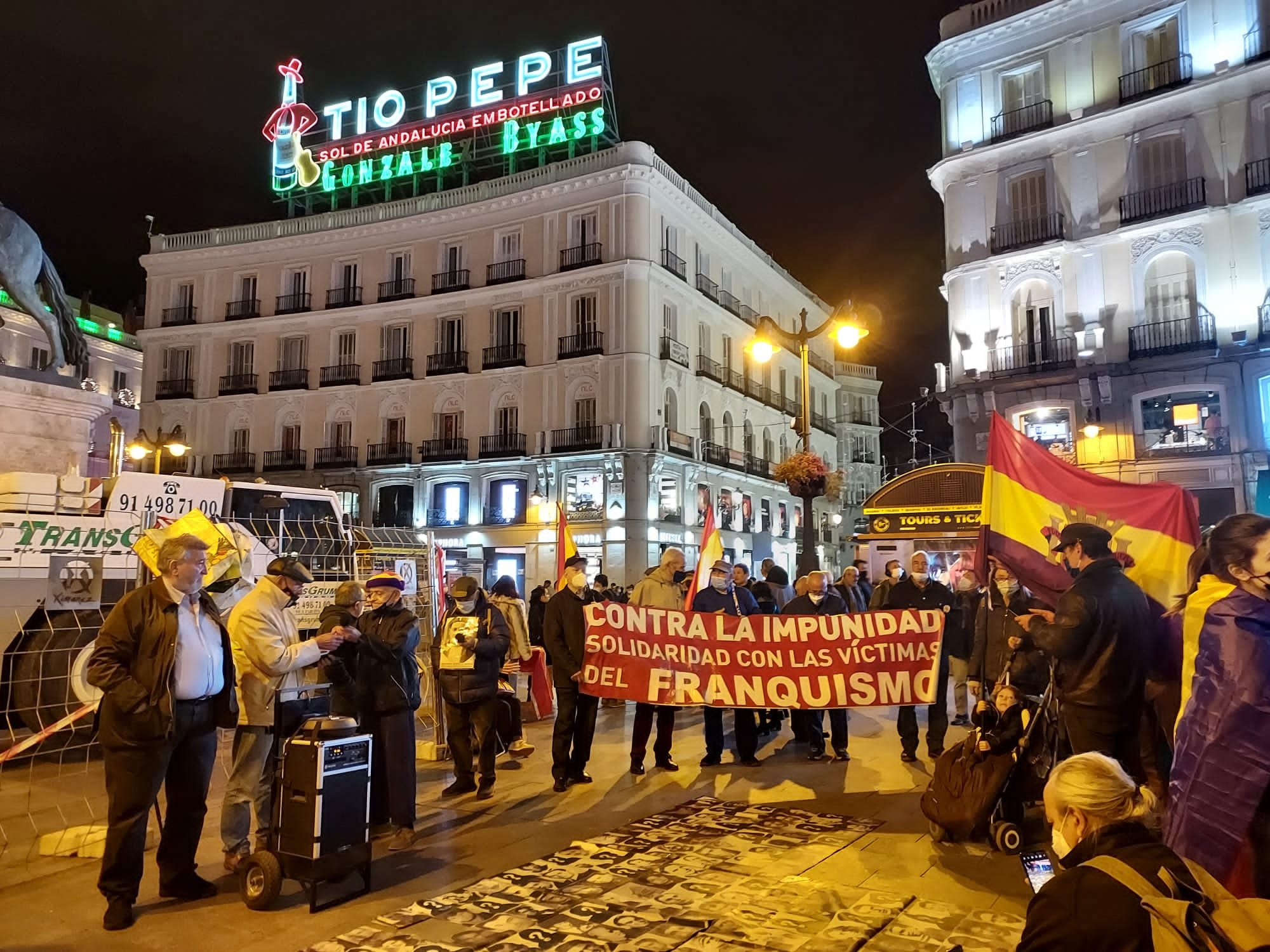
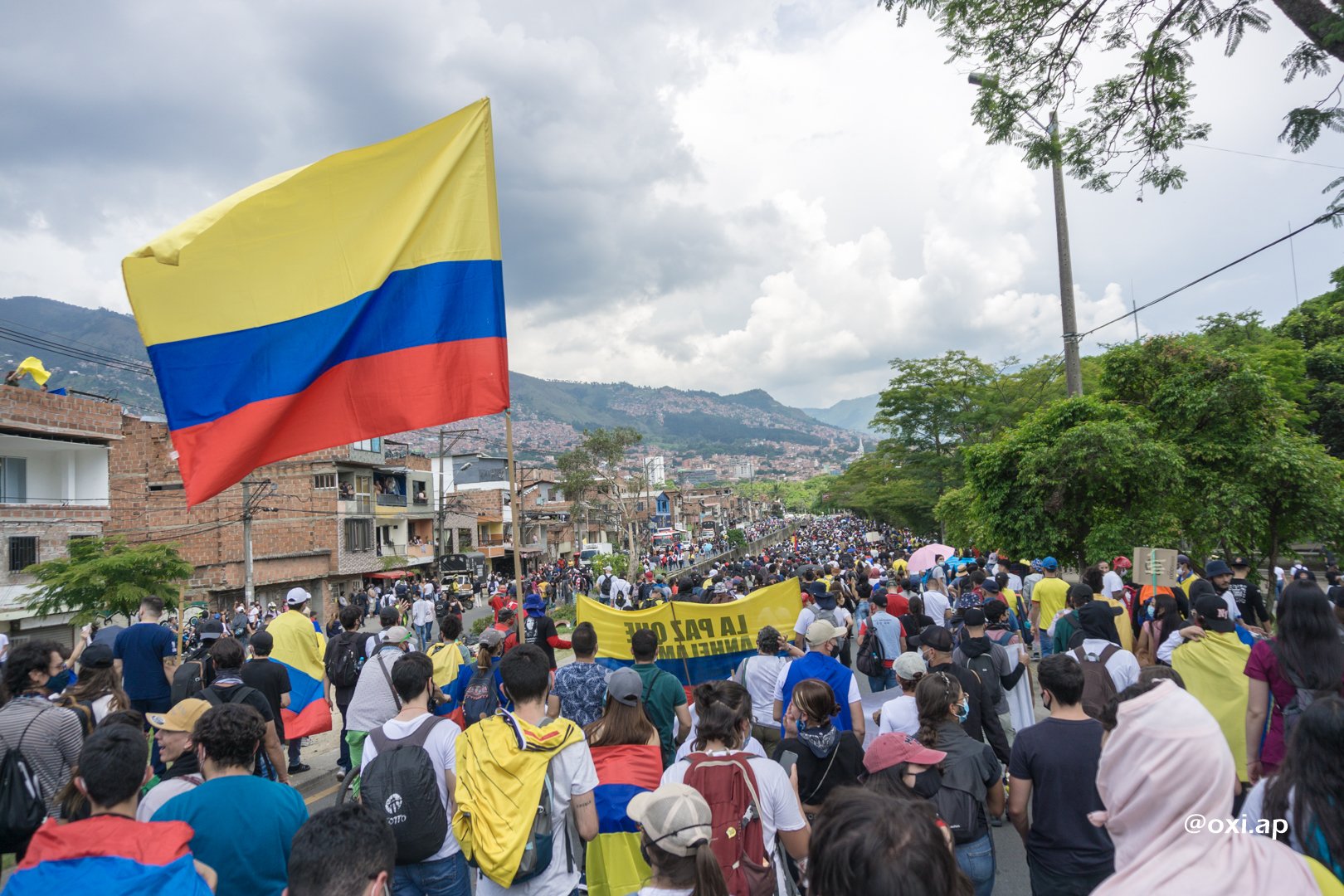
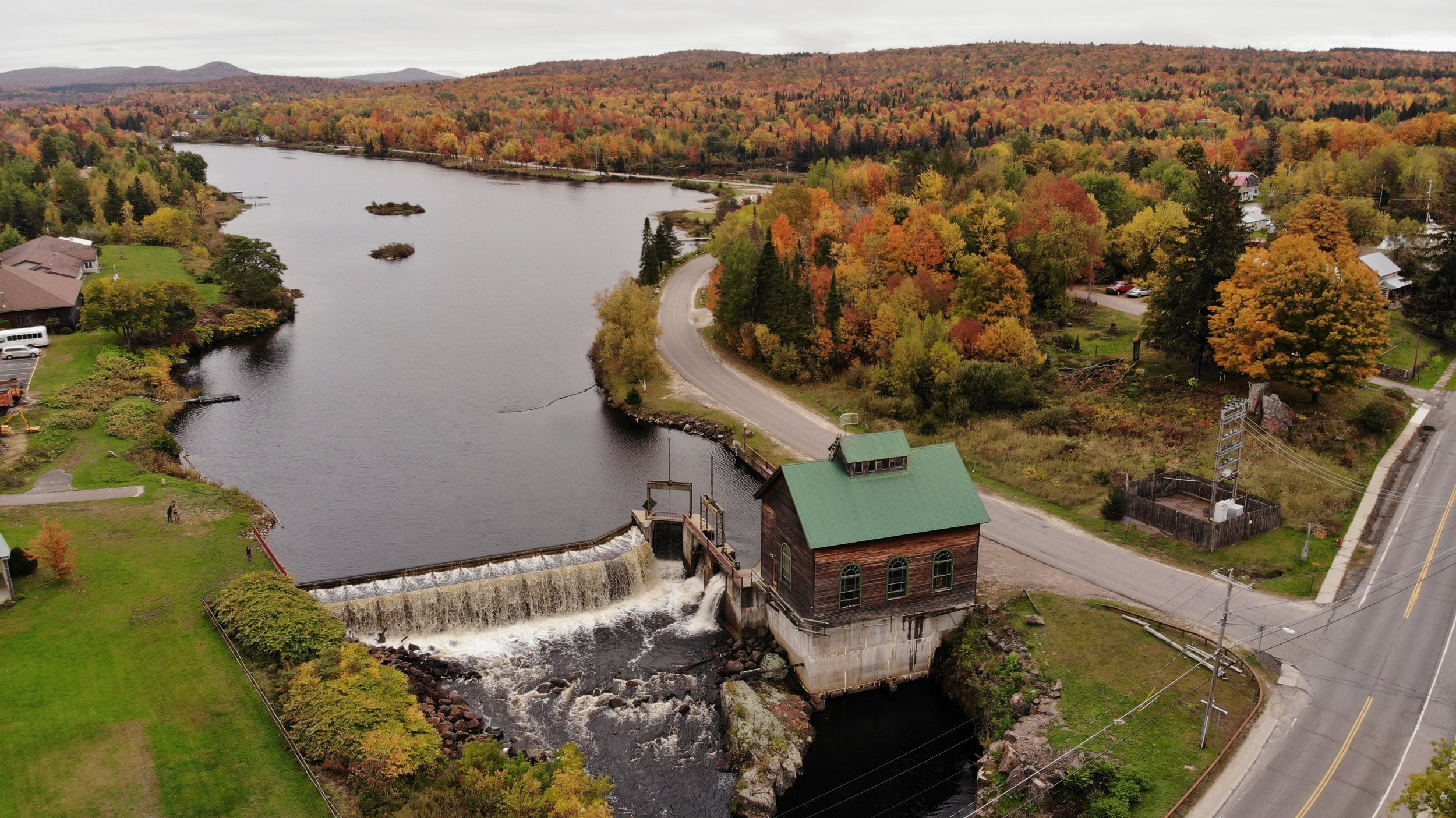

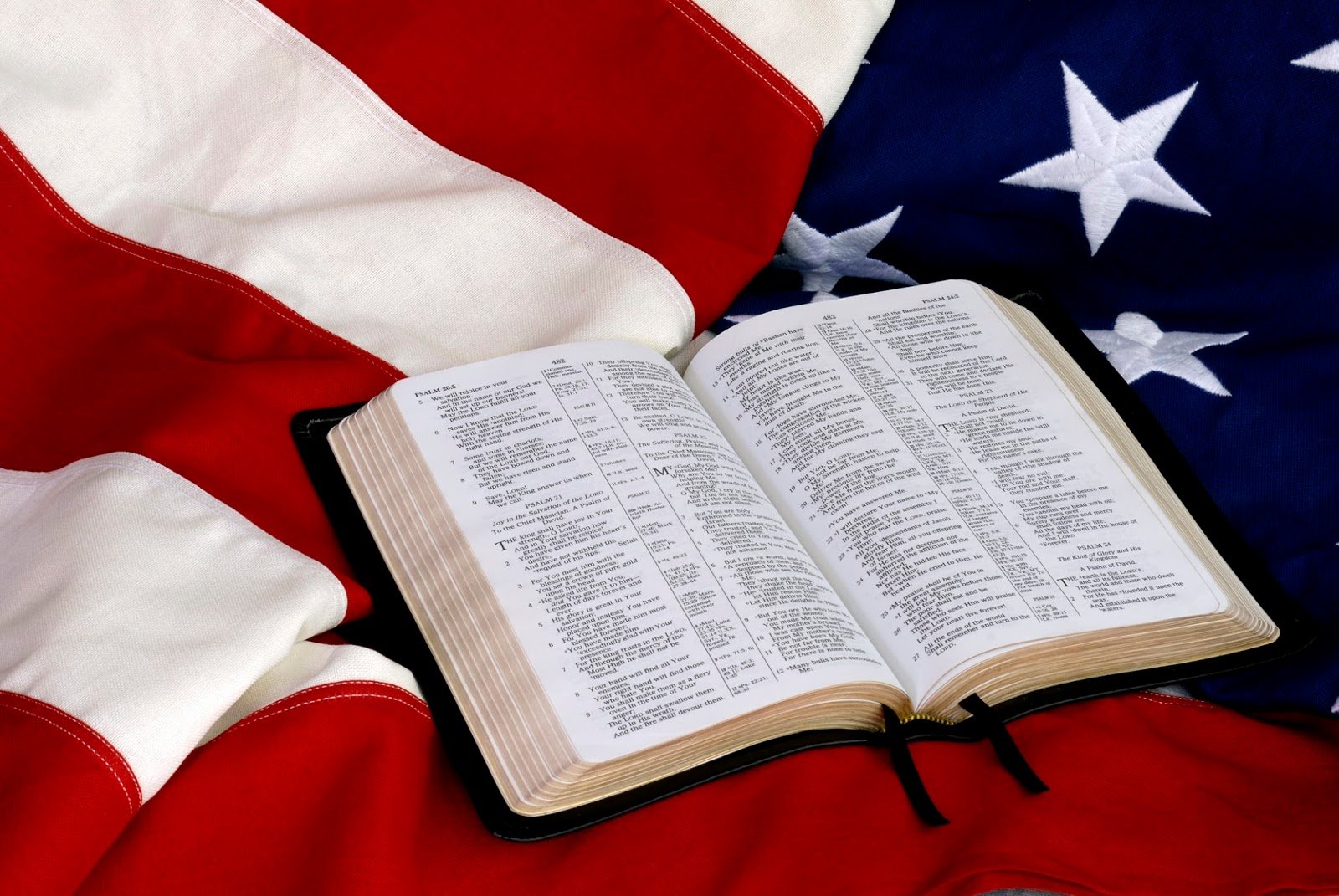
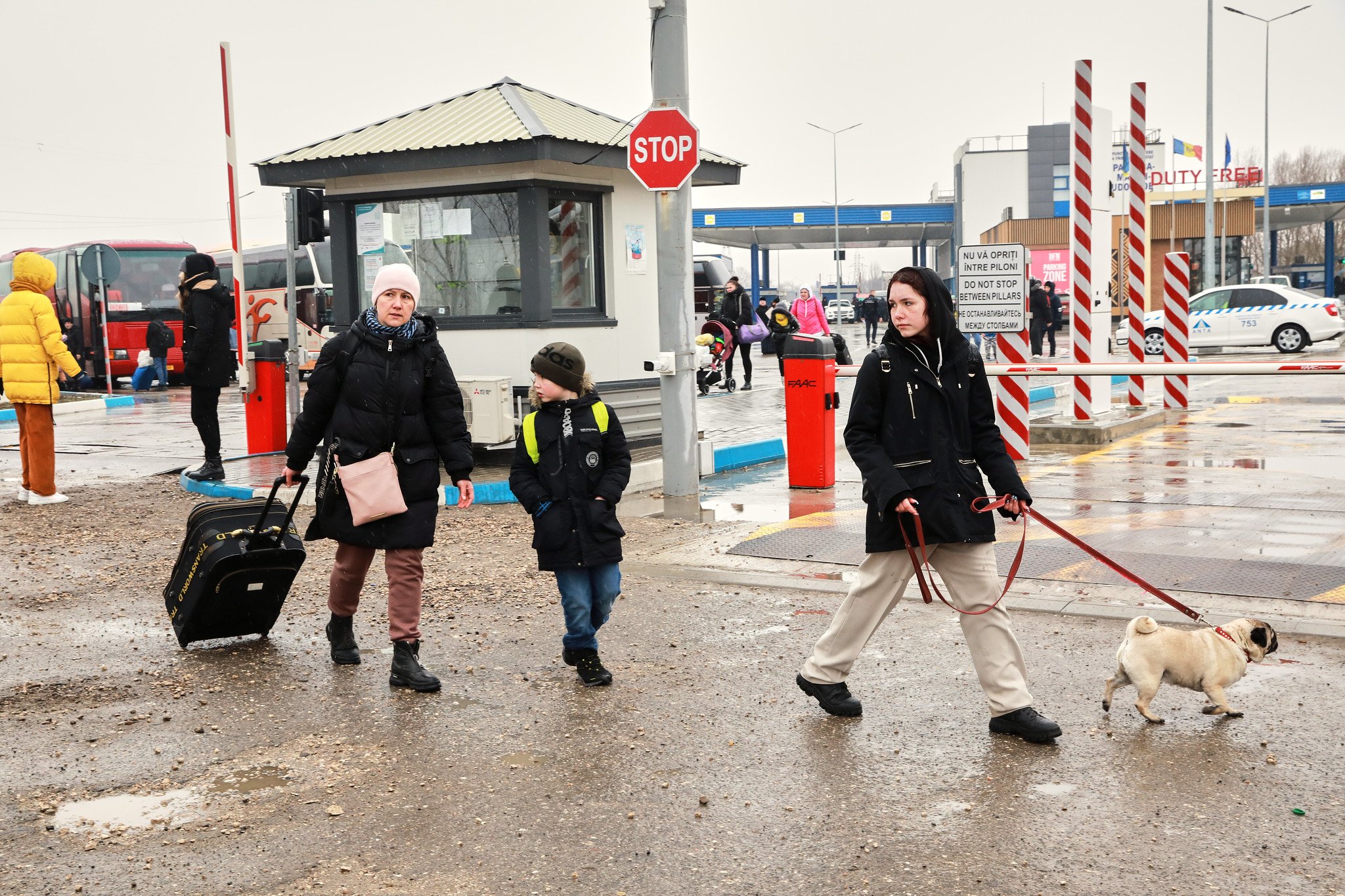
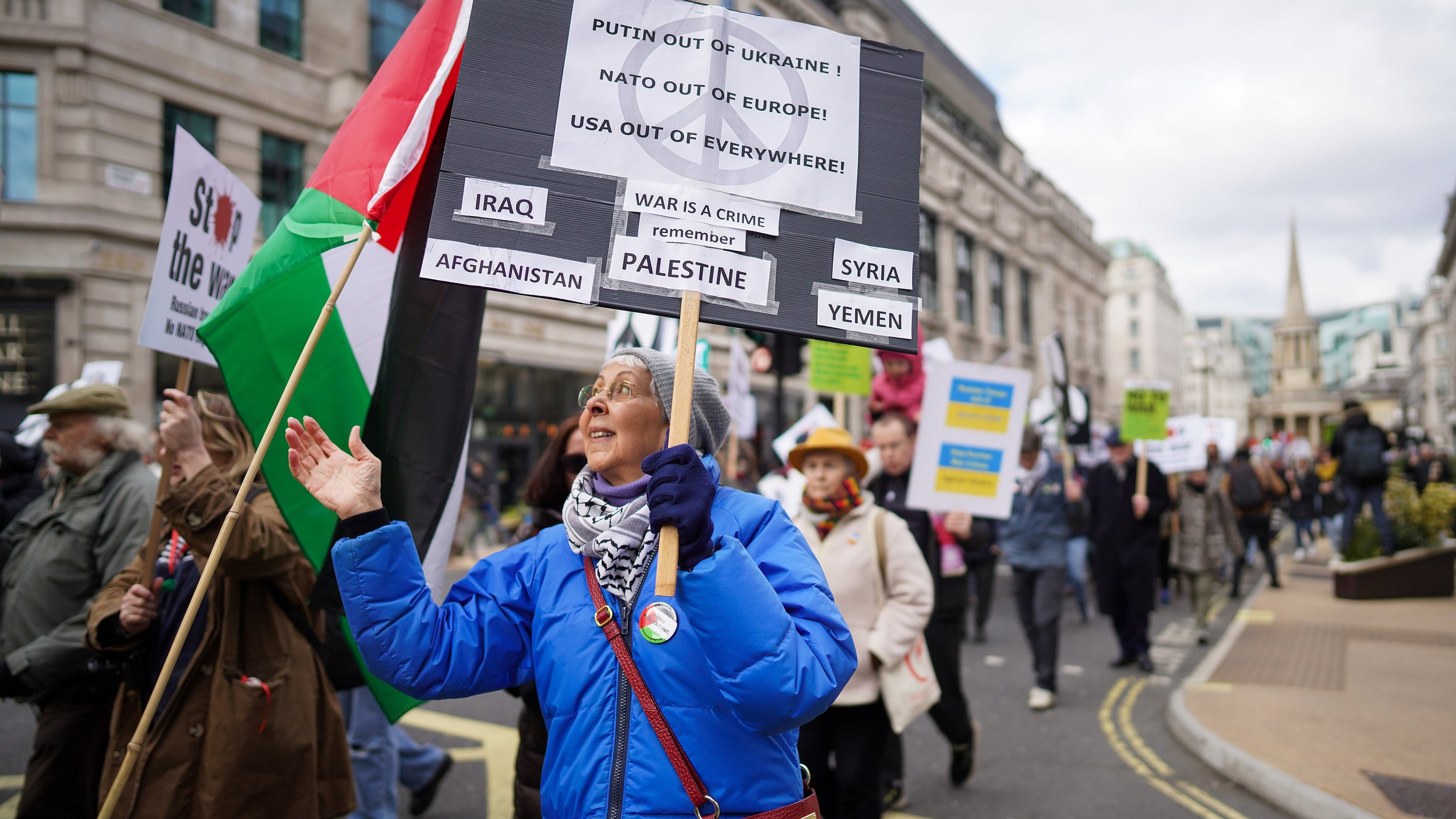
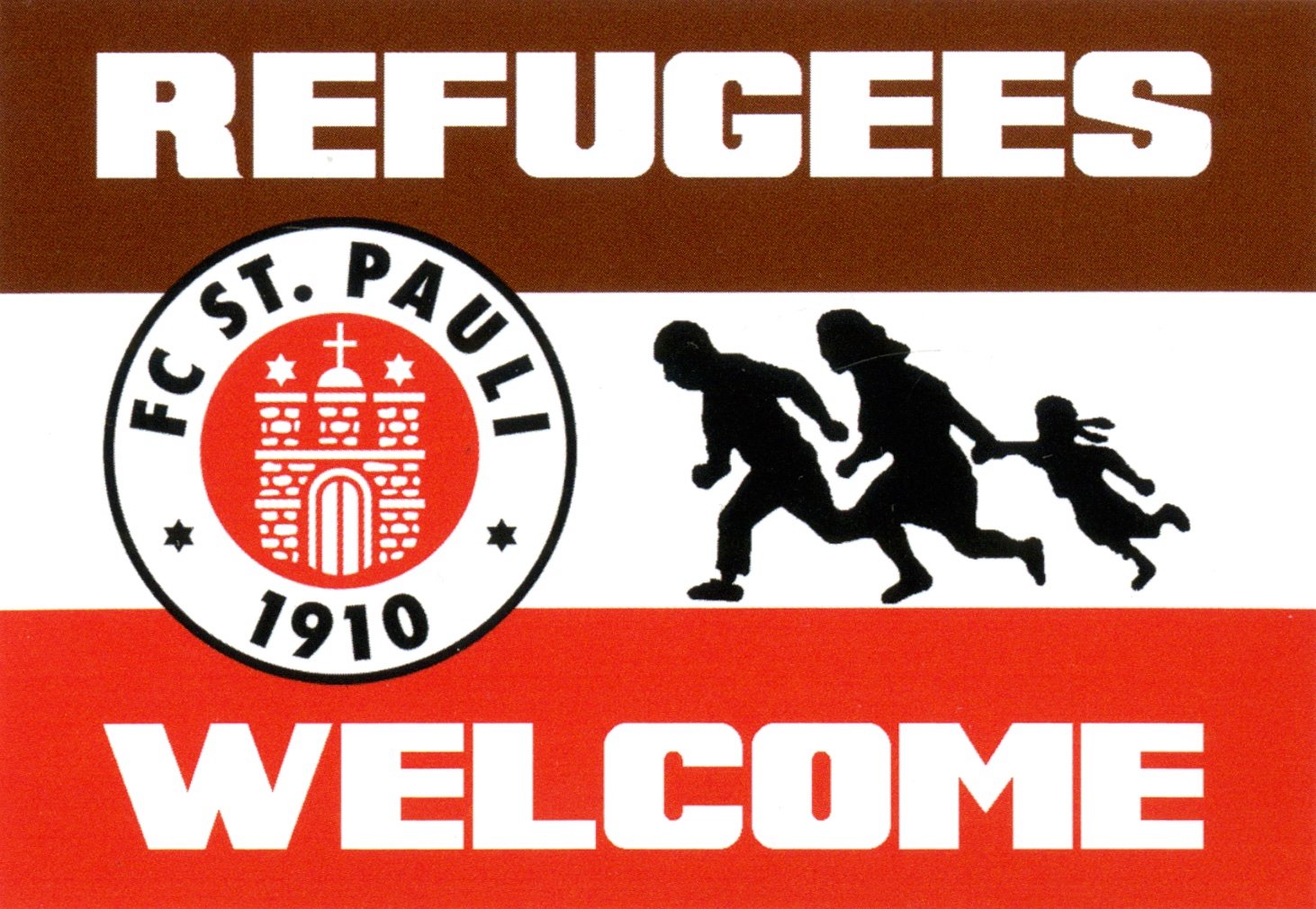







In this episode of Interweaving, host John Collins speaks with Catherine Tedford, curator of the Street Art Graphics digital archive. They discuss her work collecting and analyzing political stickers from around the world and look at examples of stickers expressing a wide range of views on social and political issues ranging from war and workers’ rights to refugees and the COVID-19 pandemic.